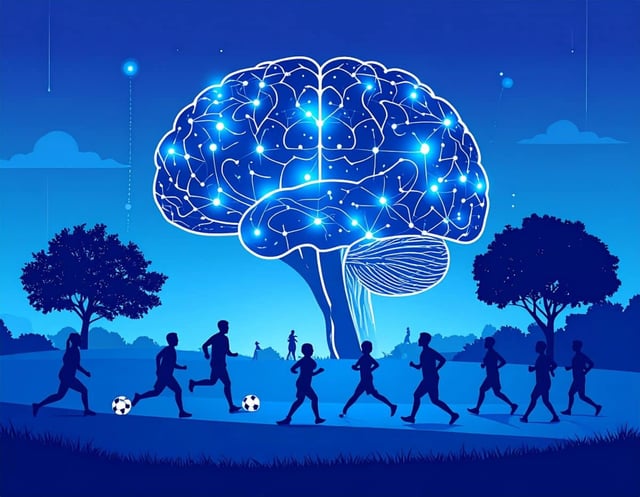Overview
- A University of Georgia study shows that factors such as peer dynamics, instructor style, weather conditions and activity purpose can alter the mental health effects of the same exercise dose.
- The research team reviewed large-scale epidemiological analyses, randomized controlled trials and emerging contextual studies to contrast traditional dose measures with environmental and social moderators.
- While leisure-time activities like running or yoga consistently link to lower depression and anxiety, obligatory or occupational tasks may not deliver mental health gains under certain conditions.
- Most existing randomized trials report modest improvements, owing to their reliance on small, short-term and homogenous samples that limit wider applicability.
- Authors call for larger, longer-term controlled studies involving diverse participants to validate context-dependent benefits and guide effective public health recommendations.


